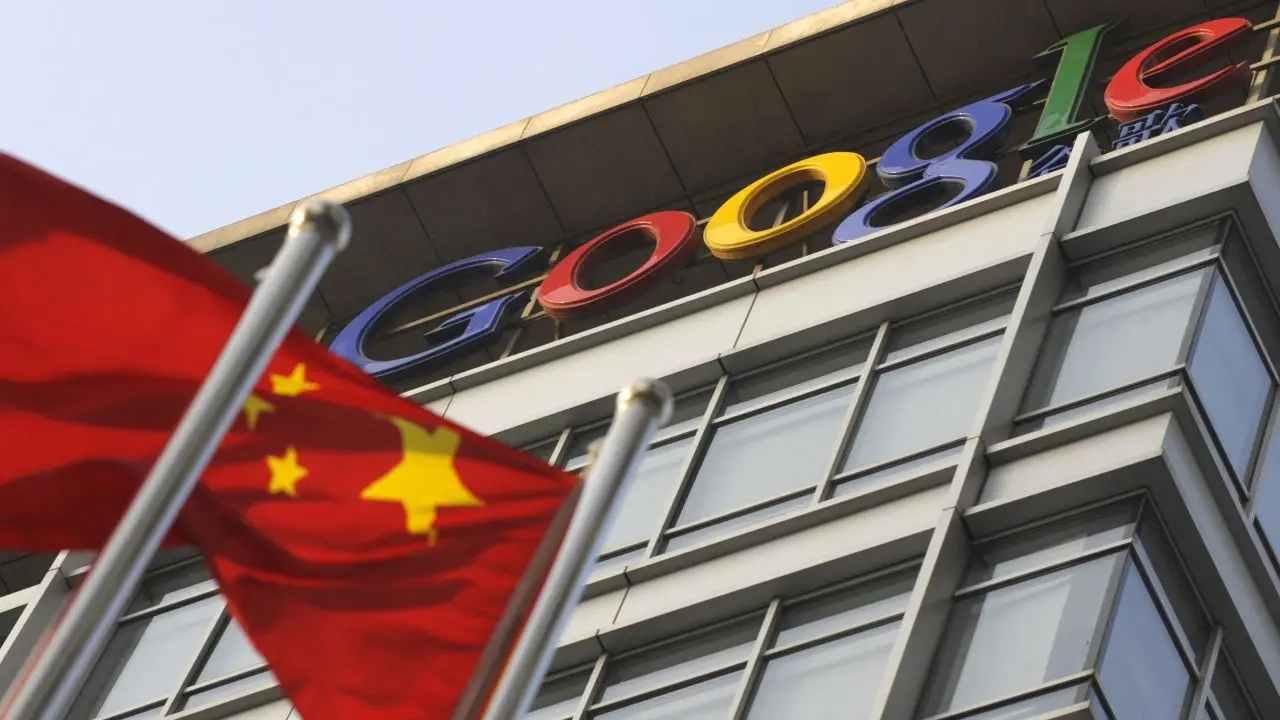The federal government is charging a San Francisco Bay Area resident with four counts of theft of trade secrets, accusing him of a plan to steal proprietary information on Google’s artificial intelligence technology.
Attorney General Merrick B. Garland announced at the American Bar Association’s 39th National Institute on White Collar Crime in San Francisco that officials on Wednesday arrested Linwei Ding, aka Leon Ding, in Newark, California.
The 38-year-old was indicted Tuesday and is a national of the People’s Republic of China, officials say. The feds say Ding stole sensitive Google trade secrets and other confidential information while secretly affiliating himself with companies in the AI industry.
He is accused of transferring files that included the foundational data for Google’s advanced supercomputing data centers, designed to support machine learning workloads and train and host large AI models, according to the indictment.
Google says it hired Ding as a software engineer in 2019 to help develop the software in its supercomputing data centers.
He had access to confidential information and, on May 21, 2022, began secretly uploading trade secrets stored in Google’s network by copying the information into a personal Google Cloud account, the indictment says. He continued periodic uploads of more than 500 files with confidential information until May 2, 2023, officials say.
The feds also say Ding was secretly affiliated with two China-based technology companies and, in June 2022, received several emails from the CEO of an early-stage technology company indicating that Ding was taking on the role of chief technology officer.
Ding traveled to China on Oct. 29, 2022, and until March 25, 2023, was there participating in investor meetings to raise capital for the company, officials say.
Ding owned 20% of the company’s stock and founded his own technology company which touted the development of a software platform designed to accelerate learning workloads, such as in training large AI models. The conduct of which Ding is accused violates his employment agreement and the code of conduct he signed when he became a Google employee.
Ding is also accused of concealing his theft of trade secrets by copying data from Google source files into the Apple Notes application on his Google-issued laptop, and converting them into PDFs uploaded to the Google network under another account.
And in December 2023, officials say, Ding gave another Google employee his Google access badge to enter a Google building, to conceal his absence while in China.
U.S. Attorney Ismail Ramsey said in a statement that Ding appeared to be trying to “enrich himself and two companies based in the People’s Republic of China.” “By stealing Google’s trade secrets about its artificial intelligence supercomputing systems, Ding gave himself and the companies that he affiliated with in the PRC an unfair competitive advantage,” Ramsey said.
“This office is committed to protecting the innovation of our Silicon Valley companies. To that end, we will aggressively investigate and prosecute the theft of sensitive trade secrets by insiders like Ding, particularly when the theft endeavors to jump start illegitimate competition.”
Attorney General Garland said in a statement Wednesday, “We will fiercely protect sensitive technologies developed in America from falling into the hands of those who should not have them.”
FBI Director Christopher Wray said the case is another illustration of companies based in the People’s Republic of China which are accused of stealing American companies’ technology.
“The theft of innovative technology and trade secrets from American companies can cost jobs and have devastating economic and national security consequences,” Wray said.
Google’s AI applications are capable of understanding nuanced language and generating intelligent responses to prompts, tasks or queries.
Google developed both proprietary hardware and software to facilitate the machine learning process powered by its supercomputing data centers and also uses advanced computer chips to facilitate machine learning and run AI applications.
The U.S. Attorney’s Office for the Northern District of California and Justice Department National Security Division’s Counterintelligence and Export Control Section are prosecuting the case.
If convicted, Ding may face a maximum penalty of 10 years in prison and will have to pay up to $250,000 per count. He is set to appear in court on April 24 to be assigned legal counsel.


